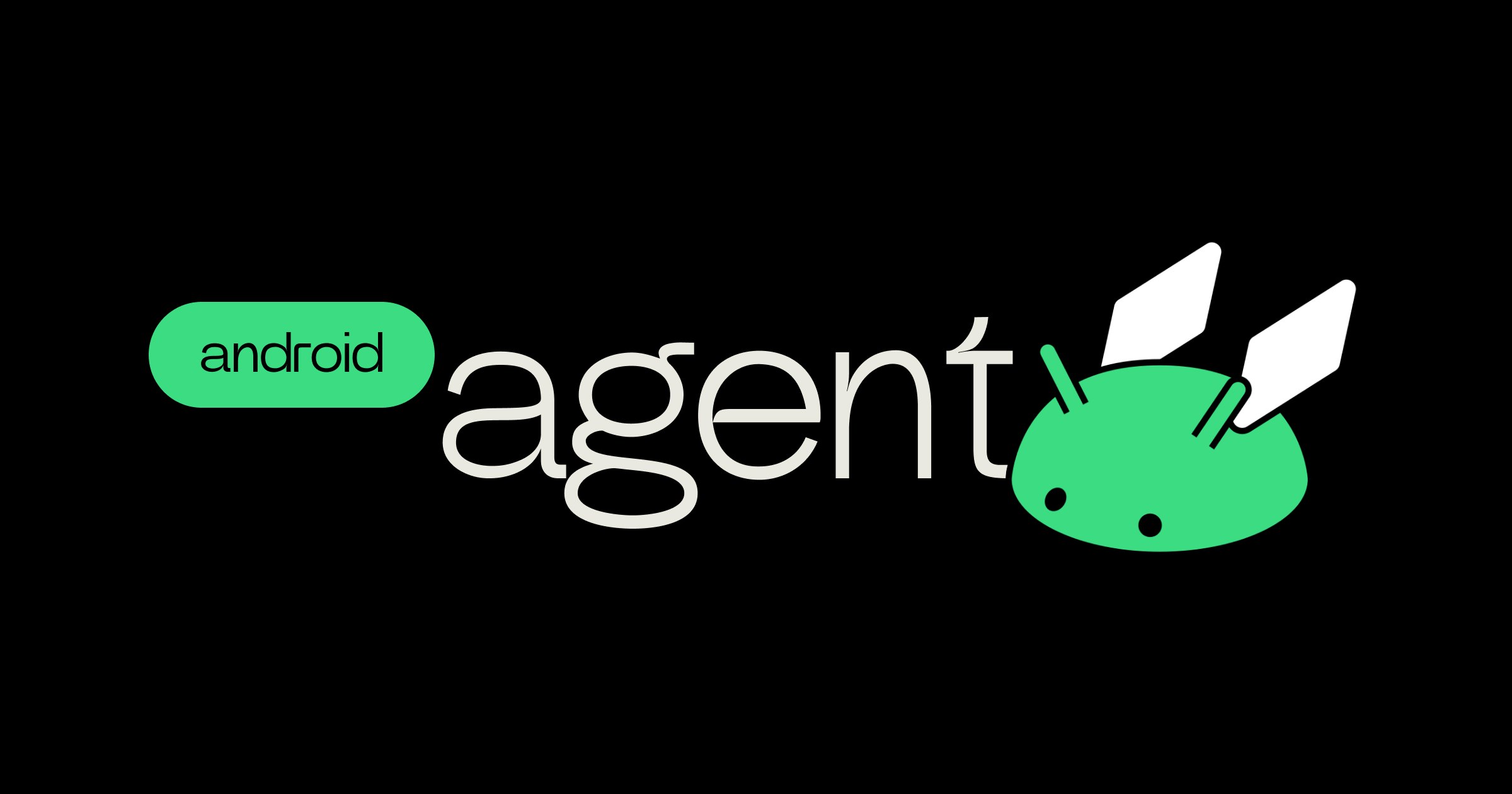Table of Contents
Overview
Imagine a world where you can control your Android phone with just your voice, effortlessly navigating complex apps and automating tedious tasks. Rabbit Android Agent, a research initiative from Rabbit.tech, is taking a giant leap towards that future. This experimental AI agent showcases the potential of AI to understand and execute natural language commands directly within Android apps, promising a more intuitive and efficient mobile experience. Let’s dive into what makes this innovative tool tick.
Key Features
Rabbit Android Agent boasts a range of impressive features designed to revolutionize how we interact with our mobile devices:
- Natural language control of Android apps: Interact with your favorite apps using simple, spoken commands, eliminating the need for manual navigation.
- App automation through AI: Automate repetitive tasks and workflows within apps, saving you time and effort.
- Context-aware command execution: The agent understands the context of your commands, ensuring accurate and relevant actions within the app.
- Experimental AI agent framework: This is a glimpse into the future of AI-powered mobile assistants, pushing the boundaries of what’s possible.
- On-device inference capabilities: Processing happens directly on your device, enhancing privacy and reducing latency.
How It Works
The Rabbit Android Agent operates by interpreting user commands expressed in natural language. This interpretation is then translated into a sequence of actionable steps within the target Android app. The agent leverages screen understanding and intent prediction to simulate user interactions, such as taps and swipes, effectively performing tasks without requiring any app-specific programming. Think of it as having a highly skilled virtual assistant that can navigate your phone for you.
Use Cases
The potential applications of Rabbit Android Agent are vast and varied:
- Hands-free device operation: Control your phone while driving, cooking, or engaging in other activities where your hands are occupied.
- Accessibility enhancement: Provides an alternative interaction method for users with disabilities, making mobile technology more accessible.
- App testing automation: Automate testing procedures to identify bugs and ensure app stability.
- Workflow simplification: Streamline complex workflows by automating multi-step processes within apps.
- Personal assistant functionalities: Delegate tasks to the AI agent, freeing up your time and mental energy.
Pros & Cons
Like any emerging technology, Rabbit Android Agent has its strengths and weaknesses. Let’s take a look:
Advantages
- Enables novel and intuitive interaction with Android apps.
- Significantly reduces manual effort and streamlines tasks.
- Offers potential accessibility benefits for users with disabilities.
Disadvantages
- Functionality is currently limited to supported apps.
- It’s still in early-stage development, so expect occasional hiccups.
- Requires accurate input for consistent and reliable results.
How Does It Compare?
While other AI assistants exist, Rabbit Android Agent distinguishes itself with its focus on direct app control.
- Google Assistant: While versatile, Google Assistant is primarily limited to actions supported by specific apps and integrations. Rabbit Android Agent aims to provide more granular control within apps.
- Rewind AI: Rewind AI focuses on recording and retrieving information from your digital life. Rabbit Android Agent, on the other hand, is centered around actively controlling and automating app usage.
Final Thoughts
Rabbit Android Agent represents a promising step towards a more intuitive and automated mobile experience. While still in its early stages, its potential to revolutionize how we interact with our devices is undeniable. As the technology matures and support for more apps expands, Rabbit Android Agent could become an indispensable tool for anyone looking to streamline their mobile workflows and unlock new levels of efficiency. Keep an eye on this space – the future of mobile interaction is unfolding before us.
https://www.rabbit.tech/research/first-look-at-rabbits-Android-agent